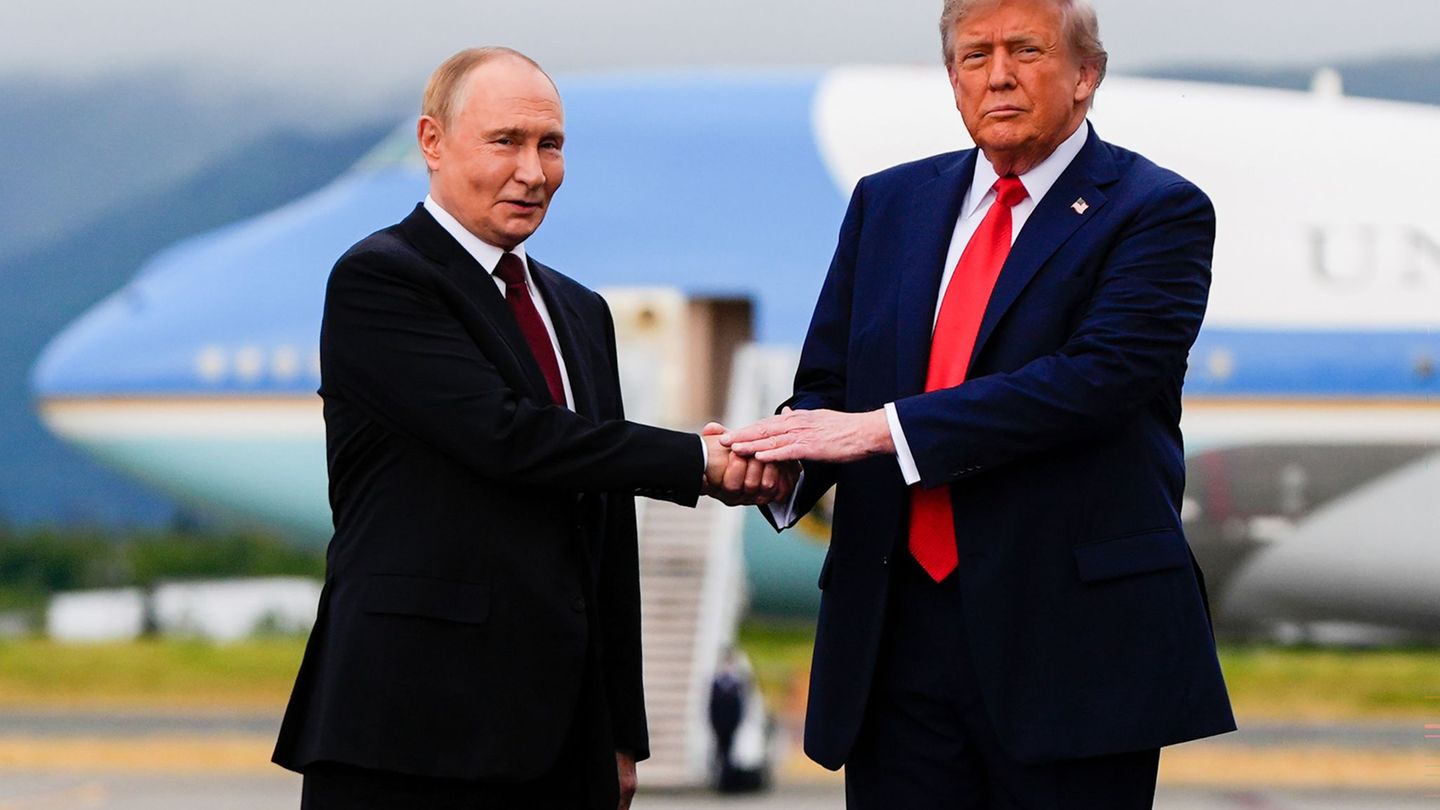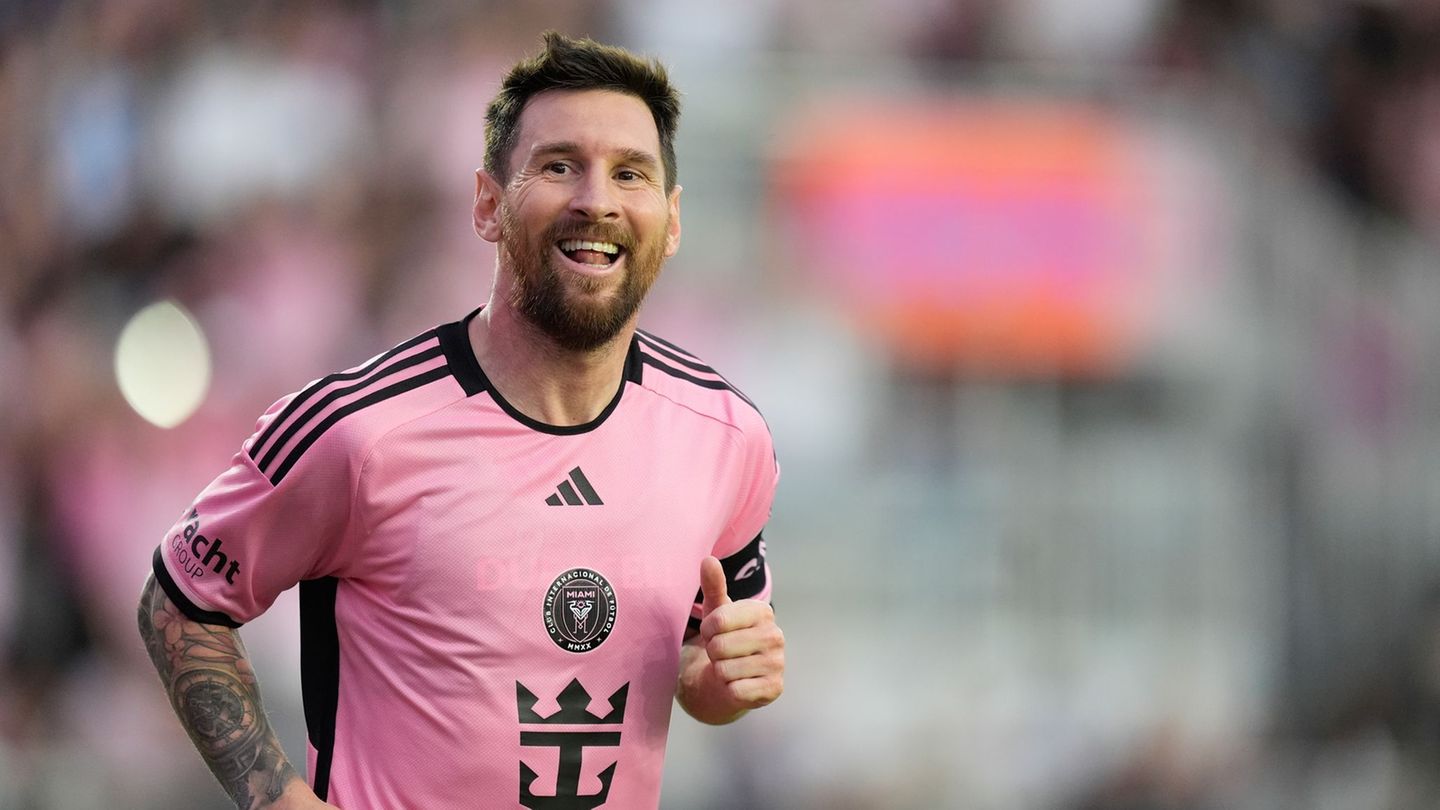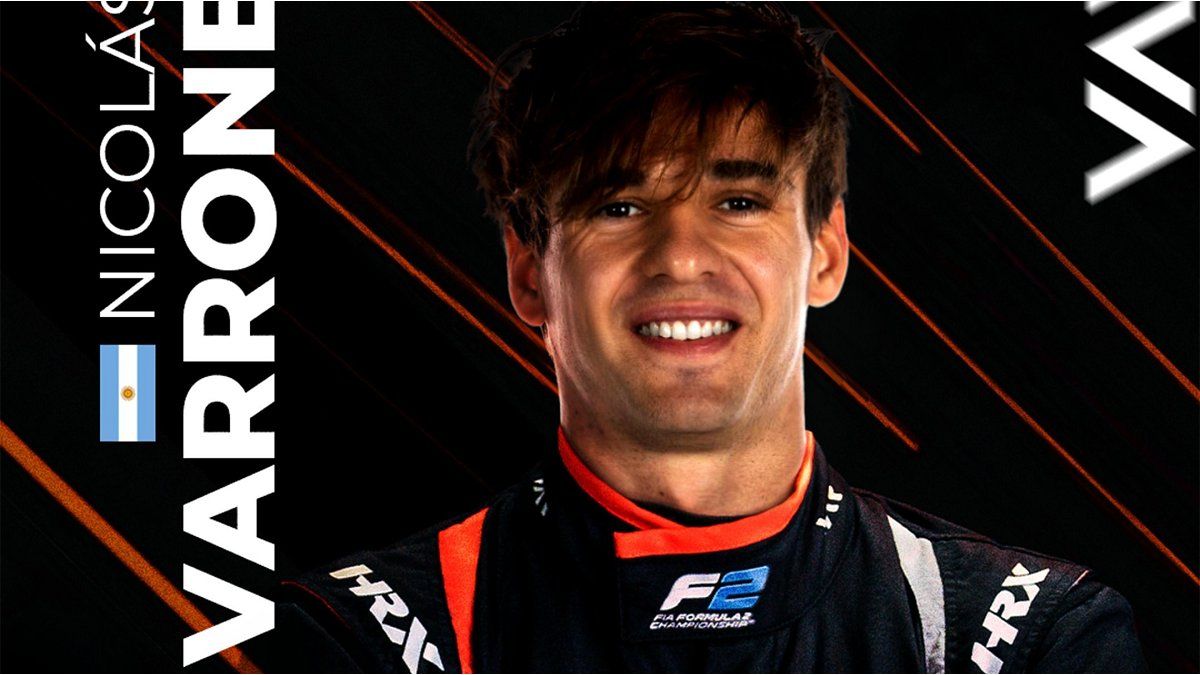The renowned Italian “Gazzetta dello Sport” threw the first “Biscotto” in its Saturday edition – right on the front page. In other words, a biscuit that, in footballing terms, stands for a “conspiracy” or “faked games”.
Why the daily newspaper has such a “biscotto” in connection with the Blue Team, which had flown early into the EURO round of 16 with two convincing 3-0 victories, only becomes apparent at second glance.
The editors of the “Sportbibel” scoured the tournament tree and realized that it might be better to finish Group A in second place instead of first in order to be able to compete with calibers like Belgium in the knockout phase Romelu Lukaku or world champion France with Kylian Mbappe to evade before the final.
Win and that’s it
The conclusion was: “Il biscotto non ci piace” – “We don’t like the biscuit”. So: better win and that’s it! The clairvoyant skills are not yet developed enough to predict the future. But questions like “Who would be a more pleasant opponent?” or “Which result would be good to advance to one round?” have been topics of conversation for decades, and not just at regular tables.
Others would like to have the concerns of Italians. Namely those nations that still have to deliver at the EURO in order to be able to rise at all. One hundred percent fairness and equality cannot be guaranteed solely for reasons of timing and financial aspects (sponsors, broadcast times).
Anyone who creates a mode that allows the four best of a total of six thirds in the group to advance to the round of 16 will inevitably get into trouble. How good a third really has to be, whether three points with a solid goal difference (as with Portugal on the way to the European Championship 2016) are enough or four are required will only become clear in the coming days. The protagonists of Group A (with Italy, Wales, Switzerland and Turkey), which was already concluded yesterday at around 8 p.m., have a far worse level of knowledge than those of Group F, whose games will not kick off until Wednesday at 9 p.m.
Whether French, Portuguese, German or Hungarians – they will all have clarity before the “kick-off” what it is about for them, what they have to deliver and how they have to play their game.
The greatest evil has been abolished
It would only be correct if all the last group games (two per “pool”, twelve in total) were kicked off at the same time. But that’s not in the spirit of the inventors, i.e. UEFA, which has gradually increased the field of EM starters – from four to eight, then to 16 and since 2016 to 24. The grandees in Nyon didn’t do that because it’s so funny , they want to earn a golden nose. That is only possible if as much football as possible is shown on as many channels as possible at all possible times and as much money as possible flows for it.
At least the rulers of football have done away with the greatest evil. There is no getting around the simultaneous scheduling of the last games within a group – starting with the European Championship in 1984. The so-called “Shame of Gijon” made this parallel swing necessary.
At the World Cup in Spain, Austria and Germany met on June 25, 1982 (final score 0: 1) and had each other after the goal of the DFB striker Horst Hrubesch in the 11th minute agreed to downshift one or more gears.
It was the result that was enough for both teams to advance. Incidentally, Austria should have conceded a second goal. This should be mentioned for the sake of completeness.
The “snapped” were the Algerians who ultimately had the same points as Germany and Austria, who – because they had already ended the group stage with a 3-2 win over Chile the day before – “passed out” by this non-aggression pact and then had to travel home. The excitement was great, the fans in Gijon chanted “Tongo, Tongo” – “Shift, shift”.
“Terribly gnawed at”
Walter Schachner, at that time an Austrian team striker and felt the only one who completely hung in, should not break the silence that ensnared the “shame of Gijon” until 2007. “I’m always running like a trottl and was terribly pissed off that I didn’t get any more balls,” said Schachner in an OÖN interview in 2012. “Before the game, I was sure nothing was settled. First after half-time, when we were back on the pitch, a few leading players agreed that we shouldn’t hurt ourselves anymore. “

David William is a talented author who has made a name for himself in the world of writing. He is a professional author who writes on a wide range of topics, from general interest to opinion news. David is currently working as a writer at 24 hours worlds where he brings his unique perspective and in-depth research to his articles, making them both informative and engaging.



